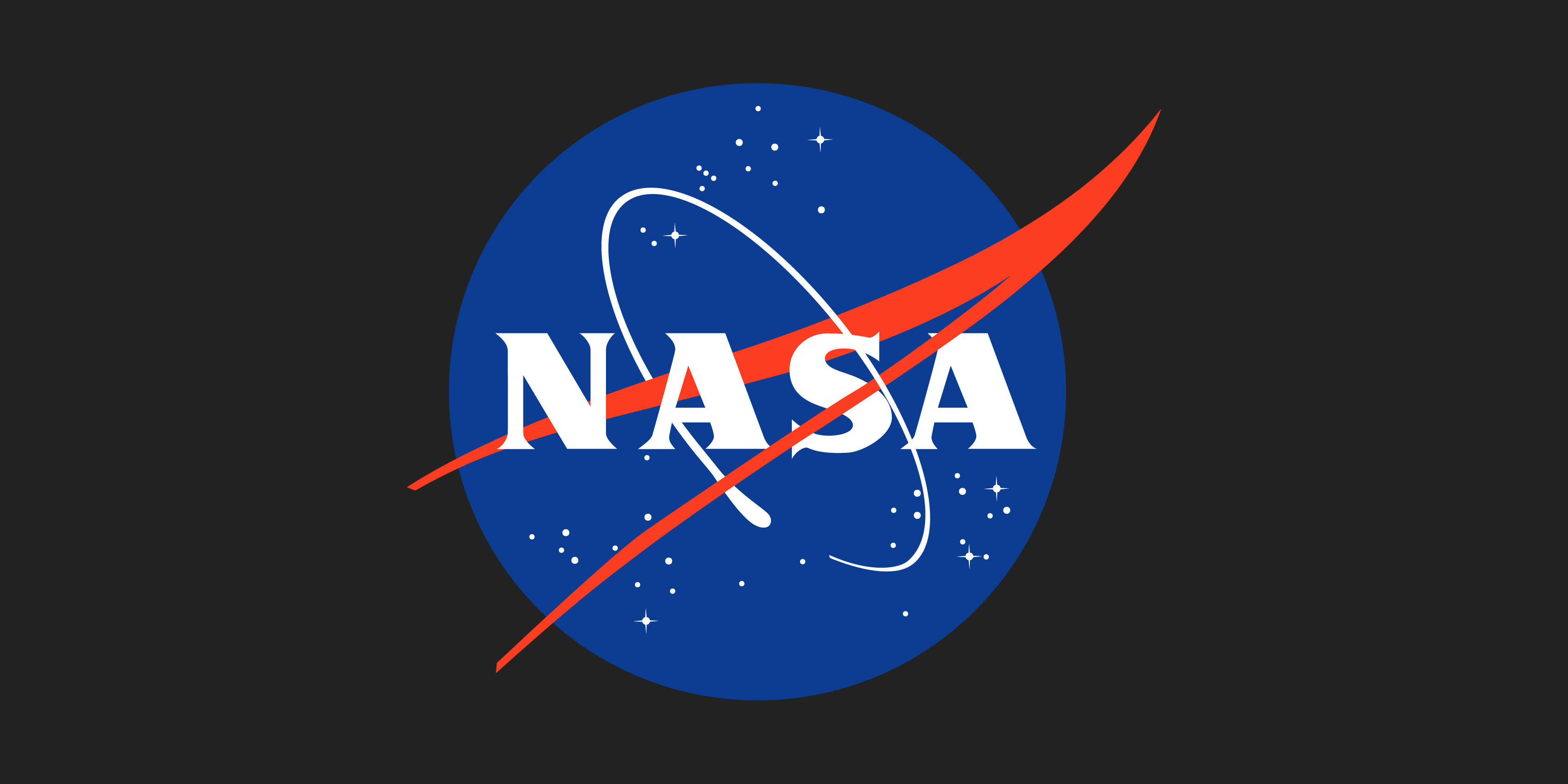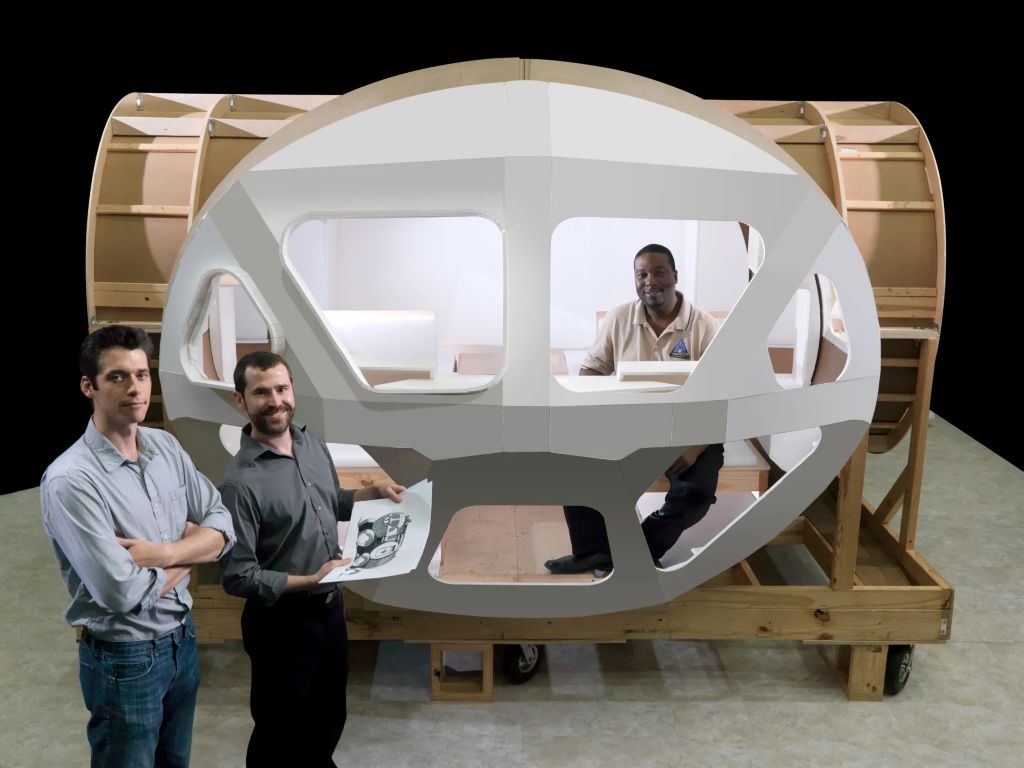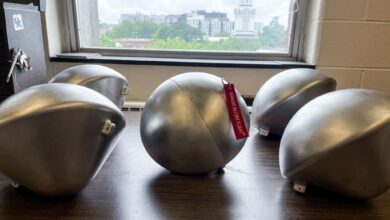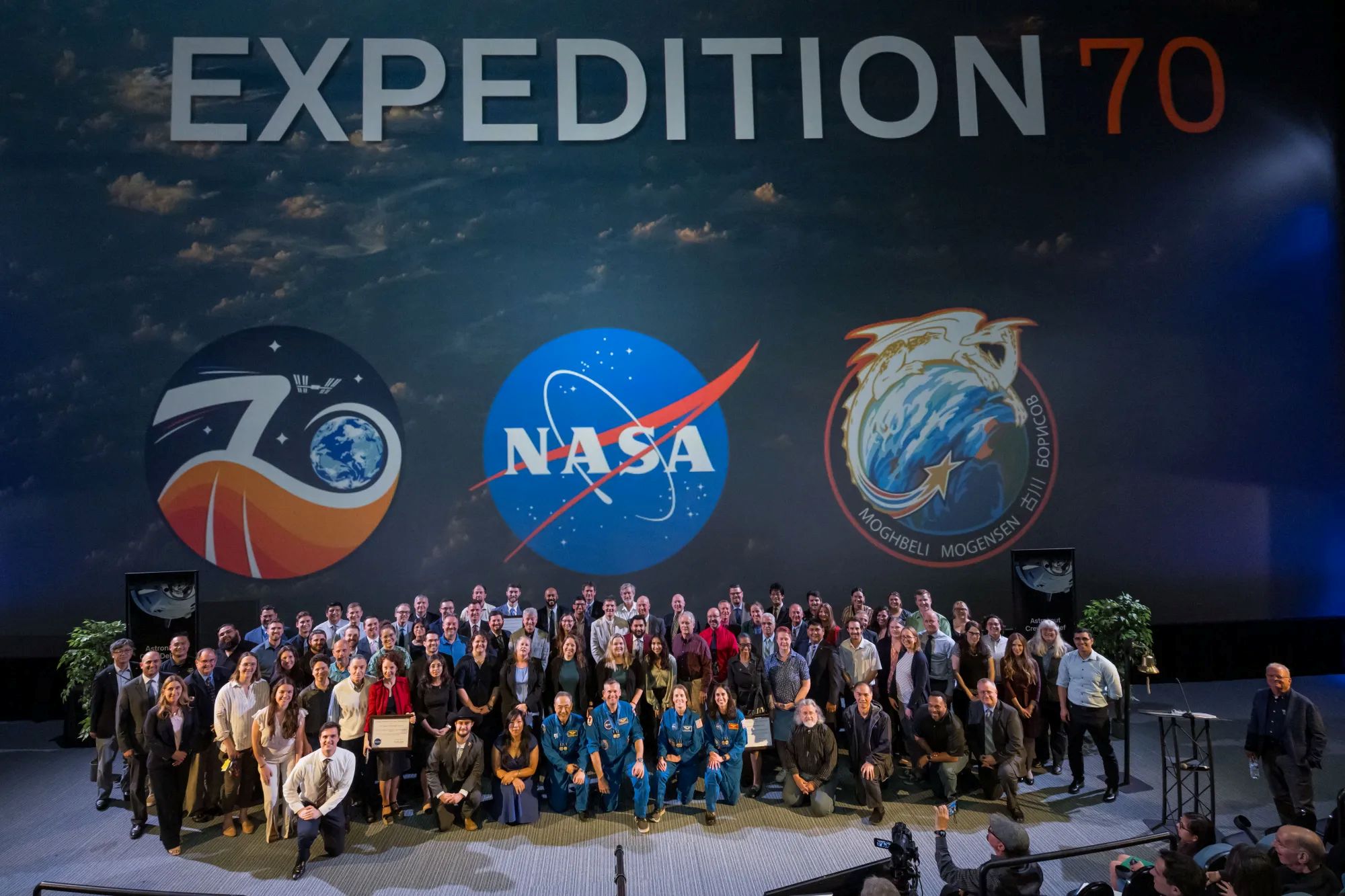U.S. Cargo Ship Set to Depart from International Space Station

After delivering more than 6,400 pounds of cargo, a SpaceX Dragon cargo spacecraft will depart the International Space Station on Sunday, Sept. 17. NASA Television and the agency’s website will provide live coverage of Dragon’s departure beginning at 4:30 a.m. EDT.
Flight controllers will use the space station’s Canadarm2 robotic arm to detach Dragon, which arrived Aug. 16, from the Earth-facing side of the station’s Harmony module. After Dragon is maneuvered into place, the spacecraft will be released by Expedition 53 Flight Engineer Paolo Nespoli of ESA (European Space Agency) with the assistance of station Commander Randy Bresnik of NASA at 4:47 a.m.
Dragon’s thrusters will be fired to move the spacecraft a safe distance from the station before SpaceX flight controllers in Hawthorne, California, command its deorbit burn. The spacecraft will splash down at about 10:16 a.m. in the Pacific Ocean, where recovery forces will retrieve Dragon and approximately 3,800 pounds of cargo. This will include science samples from human and animal research, biology and biotechnology studies, physical science investigations and education activities. The deorbit burn and splashdown will not be broadcast on NASA TV.
NASA and the Center for the Advancement of Science in Space (CASIS), the nonprofit organization that manages research aboard the U.S. national laboratory portion of the space station, will receive time-sensitive samples and begin working with researchers to process and distribute them within 48 hours of splashdown.
In the event of adverse weather conditions in the Pacific, the backup departure and splashdown date is Sept. 20.
Dragon, the only space station resupply spacecraft currently able to return to Earth intact, launched Aug. 14 on a SpaceX Falcon 9 rocket from Launch Complex 39A at NASA’s Kennedy Space Center in Florida, for the company’s 12th NASA-contracted commercial resupply mission to the station.
Keep up with the International Space Station, and its research and crew, at:
-end-




